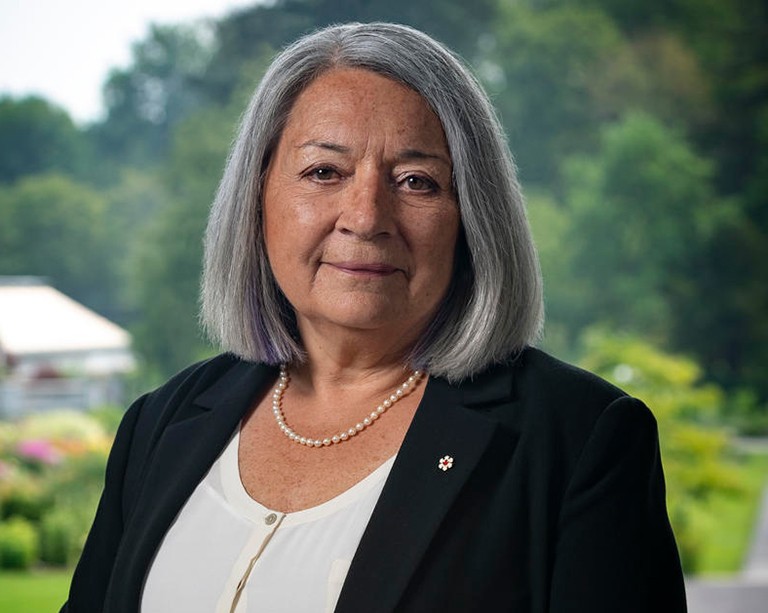This is Leonard Cohen’s Montreal
 You Want it Darker conjures a faraway Montreal via the voices of Cohen’s youth. | Photo by Adam Cohen
You Want it Darker conjures a faraway Montreal via the voices of Cohen’s youth. | Photo by Adam Cohen
Although Leonard Cohen’s debut novel The Favourite Game (1963) opens on a romantic theme, it doesn’t take too many pages to let the reader know that it will be situated in the shadow of Montreal’s elite Jewish institutions.
Of his bar mitzvah, the young man at the centre of Cohen’s narrative tell us, “It didn’t matter to him how he faced the congregation: his great-grandfather had built the synagogue.”
In the novel the synagogue goes unnamed, but recent coverage of the release of Cohen’s new album, You Want it Darker, and its links with the synagogue of his youth note that portraits of Cohen’s ancestors hang in the Shaar Hashomayim in Westmount. It stands a few blocks from Cohen’s childhood home, which overlooked Murray Hill Park.
In recent years, Cohen’s art has depicted Montreal, but never in the fully dramatized way he presented the city in The Favourite Game.
It pops up here and there in Death of a Lady’s Man (1978), but nowhere so arrestingly as in “Daily Commerce,” a play-by-play depiction of the view from a Montreal window:
“The white truck from Interstate Meat Co. The wind and the sun in the leaves of the maple tree. A sparrow lands beside a shimmering green garbage bag. Bicycle conference at 4292 … ”
In Book of Longing (2006), Cohen’s most recent poetry collection, a “Montreal Afternoon” consists, in part, of the following:
Henry and I
cover our heads
and write a few poems
The prayer book is open
The radio is playing
And in song — especially on Dear Heather (2004) — he returned to the influence of mentor figures of his Montreal youth, including A.M. Klein, F.R. Scott, and Irving Layton.
Cohen’s new record also returns to Montreal by way of song — this time with the use of the voice of Shaar Hashomayim cantor Gideon Zelermyer and the synagogue choir in contrast with Cohen’s own voice.
Liturgy has been the focus of Cohen’s songs in the past, most notably on “Who by Fire,” a great mid-70s composition that draws its inspiration from a central Yom Kippur prayer.
But the lyrics of “You Want It Darker” hew closer to liturgy and biblical story, quoting in English translation as well as in Hebrew. The tone is ominous, and the message is one of both reverence and pessimistic prophecy: “Magnified, sanctified be thy holy name … A million candles burning for the help that never came.”
Zelermyer corresponded with Cohen, then found himself in a Montreal studio at two in the morning with Cohen’s son Adam, who produced the new songs. There they recorded the background material that would be added to the record’s final mix.
You Want It Darker conjures a faraway Montreal by way of the voices Cohen associates with his youth.
Norman Ravvin is a professor and Jewish Studies graduate program director in the Faculty of Arts and Science at Concordia. His recent publications include “You Say You’ve OD’d on Leonard Cohen: Canadian Jewish Writing and the Mainstream,” in the Oxford Handbook of Canadian Literature (2016). His novel, Lola by Night (2003), stops by the Chelsea Hotel.
Find out more about Concordia’s Department of Religion.


